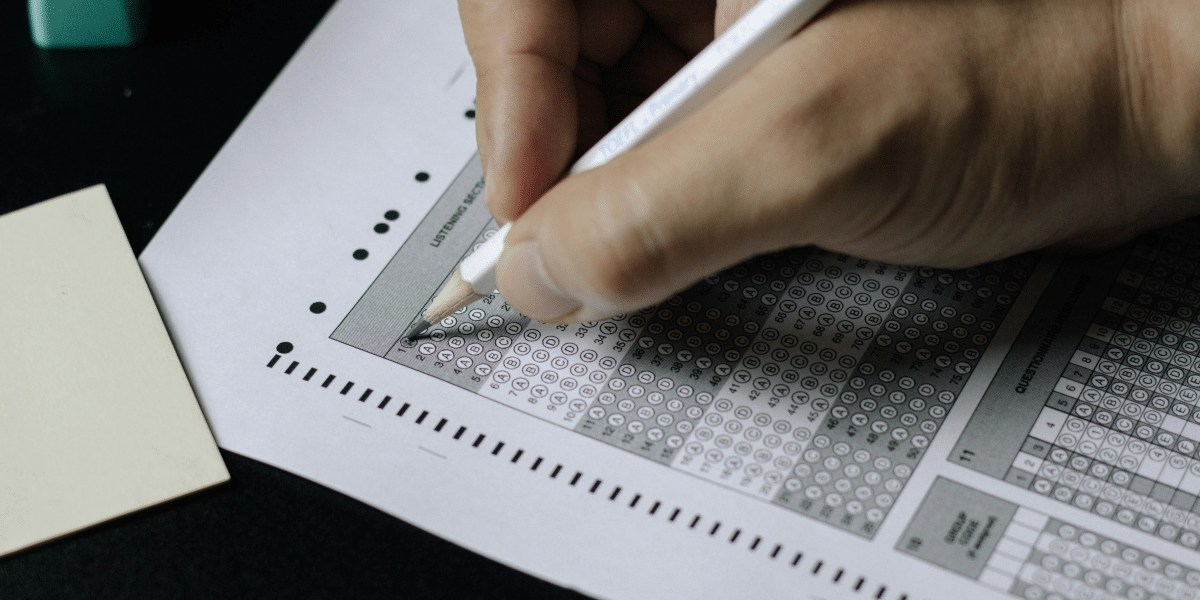The Union Public Service Commission (UPSC) Civil Services Examination (CSE), popular as the IAS exam, is among India’s prestigious and challenging exams. Each year, millions of aspirants compete for a limited number of vacancies in the Indian Administrative Service (IAS), Indian Police Service (IPS), Indian Foreign Service (IFS), and other government positions.
This article delves into the nature of the UPSC CSE, its stages, preparation strategies, eligibility, and details about the examination’s schedule and structure.
The Stages of UPSC CSE
The UPSC CSE is conducted in three main stages:
1. Preliminary Examination (Prelims)
2. Main Examination (Mains)
3. Personality Test (Interview)
1. Preliminary Examination (Prelims)
The Prelims is a screening test and the first stage of the UPSC CSE. It consists of two papers:
- Paper 1 (General Studies I): Covers subjects like history, geography, economy, polity, science, and current affairs.
- Paper 2 (General Studies II or CSAT – Civil Services Aptitude Test): Tests comprehension, logical reasoning, and analytical abilities. A minimum of 33% is required to qualify.
The Prelims is objective-type, with multiple-choice questions (MCQs). Only those who qualify the Prelims are eligible to sit for the Mains.
- General Studies I: Indian History, Polity, Geography, Economics, Environmental Science, General Science, Current Events.
- CSAT: Comprehension, Interpersonal Skills, Logical Reasoning, Decision Making, General Mental Ability, Basic Numeracy.
2. Main Examination (Mains)
The Mains is a comprehensive and in-depth examination of nine papers, including descriptive and qualifying papers. These papers test the candidate’s understanding of various subjects, ability to analyze complex issues, and command of language.
- Paper A: Indian Language (qualifying).
- Paper B: English (qualifying).
- Paper I: Essay.
- Papers II-V: General Studies (I-IV) covering history, geography, polity, governance, technology, ethics, international relations, etc.
- Papers VI-VII: Optional subject is chosen by the candidate. It can be any subject from a list provided by UPSC, like Sociology, History, Political Science, Mathematics, etc.
Each of these papers carries 250 marks, except the qualifying language papers. Only marks from the Essay, General Studies, and Optional subject papers contribute to the final ranking.
Syllabus for Mains:
- General Studies I: Indian Heritage and Culture, History, Geography of the World and Society.
- General Studies II: Governance, Constitution, Polity, Social Justice, and International Relations.
- General Studies III: Technology, Economic Development, Bio-diversity, Environment, Security, and Disaster Management.
- General Studies IV: Ethics, Integrity, and Aptitude.
3. Personality Test (Interview)
The final stage is the Personality Test or Interview, carrying 275 marks. This is not a test of knowledge but of personality traits such as leadership, decision-making, communication, and intellectual curiosity. The interview panel assesses how candidates react under pressure, their problem-solving approach, and their ethical standpoint.
How to Prepare for the UPSC CSE
Preparing for the UPSC CSE is an extensive process that requires dedication, smart planning, and consistency. Here’s a step-by-step preparation guide:
1. Understand the Syllabus
- Familiarize yourself with the complete syllabus for both Prelims and Mains. Keep a copy of the syllabus handy to track your progress.
2. Create a Study Plan
- The UPSC syllabus is vast, and it must be covered methodically. Divide your study schedule based on subjects and topics.
- Allocate more time for areas where you are weak, and try to complete the syllabus for Prelims at least three months before the exam.
3. Refer to Standard Books
- Some standard books include NCERT textbooks (Class 6-12), Laxmikanth’s Indian Polity, Spectrum’s Modern Indian History, and Economy by Ramesh Singh.
- Read newspapers like The Hindu and follow government publications like Yojana, Kurukshetra, and Press Information Bureau (PIB) updates for current affairs.
4. Practice Answer Writing
- Writing practice is crucial for Mains as it tests knowledge and how well you can articulate your thoughts in a limited time. Start with writing daily answers on different topics and time yourself.
5. Take Mock Tests
- Both for Prelims and Mains, taking regular mock tests is crucial. Candidates should join any UPSC mock interview guidance program. It will help you manage time, revise the syllabus, and identify weak areas.
6. Revision is Key
- Revision should be a continuous process. Ensure you revise each topic multiple times before the exam, especially before the Prelims.
7. UPSC Current Affairs Preparation
- Read newspapers daily and refer to monthly magazines like Pratiyogita Darpan or Yojana Magazine for concise updates on current events.
Exam Schedule
The UPSC Civil Services Examination is held once every year. The exam cycle usually follows this timeline:
- Notification Release: February or March.
- Prelims: Conducted in June.
- Mains: Conducted in September/October.
- Interview: Held in February/March of the following year.
- Final Results: Declared in April/May.
Eligibility Criteria
The basic eligibility criteria for the UPSC CSE are:
- Nationality: The candidate must be a citizen of India (for IAS, IPS, IFS).
- Educational Qualification: A candidate must hold a bachelor’s degree from a recognized university.
- Age Limit: The candidate must be between 21 and 32 years old. Age limits are relaxed for categories such as SC/ST, OBC, and individuals with disabilities.
- Number of Attempts: General category candidates can attempt the exam 6 times, OBC candidates have nine attempts, and there is no limit for SC/ST candidates.
Conclusion
The UPSC Civil Services Examination is one of the toughest exams in India. It requires academic knowledge, analytical skills, time management, and perseverance. By preparing systematically and focusing on content and presentation, aspirants can clear the exam’s various stages.
The journey may be long, but the reward of serving the nation in one of the most coveted services makes it worthwhile.
Published by: Holy Minoza
















